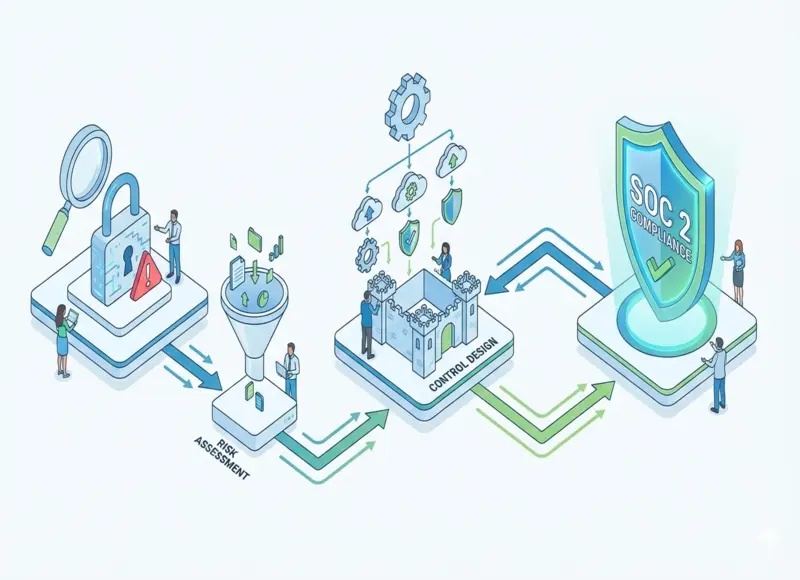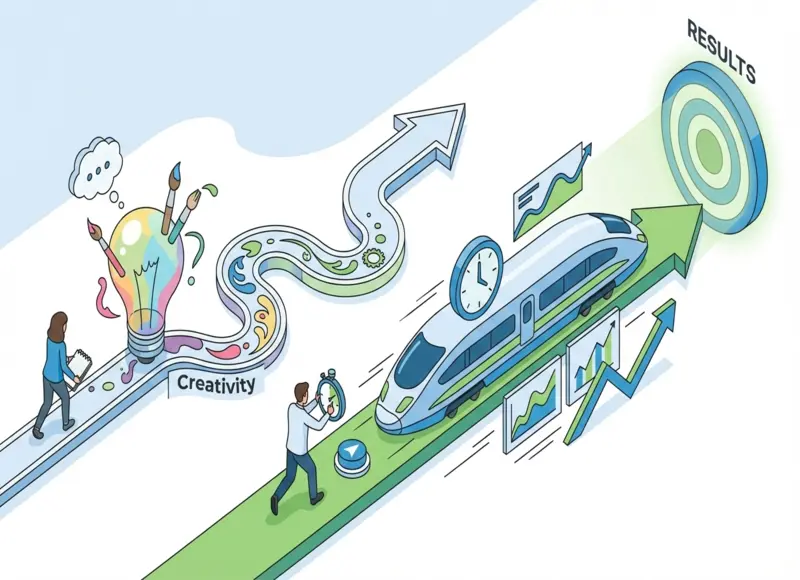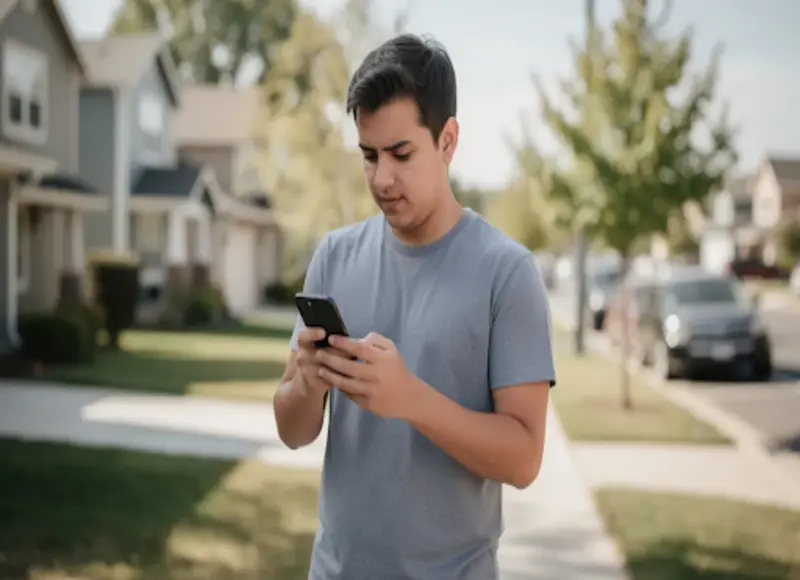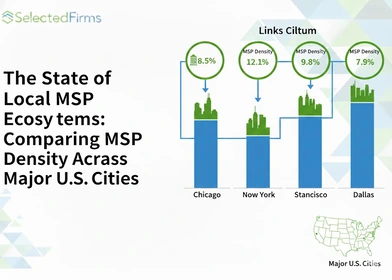Table of Contents
AI and automation are transforming job applications by 2025. From AI-powered resume screening to skill assessments, learn how these technologies are reshaping hiring and improving efficiency.
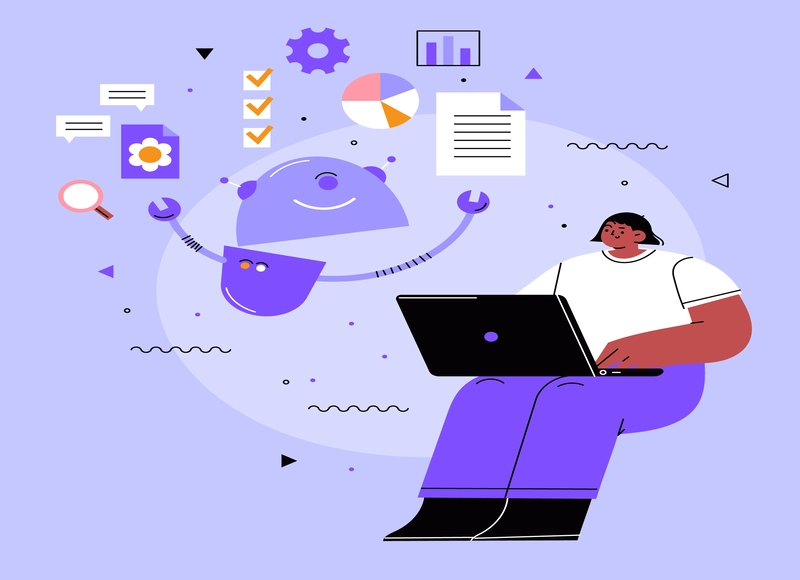
You will find that artificial intelligence (AI) and automation have been integrated into the job application. This technology is changing how you apply, how you are graded, and how companies will eventually hire you. The better you understand these changes, the better you will be ahead of them, and your applications will therefore make more sense.
The whole recruitment process has been accelerated and made smarter and more customized with AI and automation. Knowing how such technologies affect hiring is the difference between getting lost in a digital pile and landing that crucial interview.
AI-Powered Resume Screening
Artificial intelligence has taken resume screening to its earlier stages. A recruiter would screen hundreds of applications, and in this day and age, AI would screen those submitted resumes and then filter out and identifies the candidates that best fit for the post. AI recruiting systems like automatically sort through resumes, ensuring only the most relevant ones reach human eyes. You might be interacting with an algorithm even when applying for a job- your resume was first reviewed by one.
Keyword Optimization Matters
The companies will design their AI to look for keywords of things relevant to your job descriptions. You had better put on those keyword suggestions; if not, it might as well just fail the first screening phase.
The first important thing is tailoring each resume to the specific job posting. In that case, your skills and experiences are articulated in the terms AI can understand. Carefully choosing a qualified resume writer ensures that your resume will be optimized on these AI systems, so your skills and experiences are most highlighted. Generic language and a one-size-fits-all resume approach won’t cut it anymore.
Analyzing Experience and Skills
These AI-based systems also look at the context of your experience. The algorithm doesn't look only at whether a particular skill exists but also at the extent or level of your skills relative to work experience and achievements. If you are gifted with special software-specific skills, certifications, or achievements, make those highlights so that the AI might flag you as qualified for those jobs.
Automated Candidate Ranking and Shortlisting
Automated candidate ranking and shortlisting use AI, as well as machine learning, to help evaluate resumes and match candidates' qualifications with the requirements of a job. These help streamline the hiring process, make it more efficient, reduce bias in the process, and allow recruiters to focus on the best match for the position.
AI Algorithms for Candidate Scoring
AI algorithms can read candidate resumes within seconds and score on the basis of skills, experience, and education. It rates candidates so that a recruiter knows which profile is a good match for the advertised job posting.
This reduces the time for manually checking resumes and makes for a more uniform and objective process when it comes to the screening of candidates. It gives the recruiter the ability to screen for high-potential candidates with better efficiency and hiring decisions.
Streamlining Shortlisting with Machine Learning
Machine learning helps streamline the shortlisting process by continuously learning from past hiring decisions. It identifies patterns in successful candidate selections and applies this knowledge to automatically rank and shortlist new candidates.
The system will become more predictive of who is likely to succeed in a particular job over time. This shortens the hiring process as human bias is reduced, but only the most qualified candidates have a chance to move into the next round.
Automated Interview Scheduling and Communication
Once the AI screening allows your resume to pass, it is now time for automation to take control and smooth out the interviewing process. Companies use automated systems that schedule interviews, check availability, and send reminders. It makes it seamless with less wait time and back-and-forth that usually accompanies coordinating schedules.
Chatbots for Initial Contact
Even in the initial stage, you would be talking to a chatbot, asking basic screening questions that determine the nature of qualifications you have, clarifying grey areas, if any, and preparing you for what is expected thereafter. Whatever little conversations you make here are what matters- to be timely, professional, and articulate indeed leaves an excellent impression in the beginning.
Real-Time Interview Updates
Real-time updates about your application status are also given through automation tools, hence minimizing anxiety regarding waiting for responses. In this way, you don't keep wondering if your application fell into a black hole, but instead, receive automatic updates about the stage that you are in the process. This kind of transparency can help you in your expectations and direct your energy to the right opportunities.
AI-Assisted Skill Assessments
Companies want to know more about your abilities than just what is written on your resume. With assessments now provided by AI, companies make assessments of your skills before even inviting you for a proper interview.
Examples can vary and range from technical tests to situational judgment scenarios. For example, if you're applying for a software development position, you might be working on some AI-generated coding test for this evaluation.
If you are seeking a job in customer service, then you are sure to be put through a simulated conversation with some virtual customer in order to test your capacity for problem-solving. AI-grade tests instantly give some feedback to the employers themselves.
Soft Skills Are Also Evaluated
Employers have begun using AI to measure emotional intelligence, communication abilities, and how well you handle stress.
These assessments usually come in video interviews where the AI is rating variables of your tone, speech pattern, and facial expressions to measure aspects such as enthusiasm and empathy. Knowledge of these helps you prepare better and lets you come across at your best.
Personalized job matches through AI
This also makes it easy for you to get the right job. No more research is needed since AI-powered platforms can easily point you to roles closely aligned with your skills, experience, and career aspirations.
AI will try to gather information from your past applications, your interest in careers, and even information from your social media.
This allows you to be beyond the confines of scanning, by hand what is available on a job board and then technology continually searching behind the scenes for you so that it would guide you to the right place, hence saving time and ensuring better chances of getting the right job opportunity.
Learning from Application History
These systems also learn from your interactions—if you frequently apply for certain types of jobs, AI will focus more on similar jobs in its suggestions.
This technology can also identify gaps in your resume and advise courses or certifications for increasing employability. Therefore, you will understand how AI personalizes the job search process to optimize your profile so it can get you matched up with relevant opportunities.
Conclusion
AI and automation will change your job application in the next year to become more data-driven, efficient, and personalized. All such steps- from preparing a keyword-optimized resume to preparing for the AI-powered skill assessment, are strategic preparation with regard to the modern way hiring is being done.
Recent Blogs
Scaling Smarter: How Property Management Software Simplifies Rental Management
-
10 Feb 2026
-
6 Min
-
34
The State of Local MSP Ecosystems: Comparing MSP Density Across Major U.S. Cities
-
06 Feb 2026
-
7 Min
-
260

